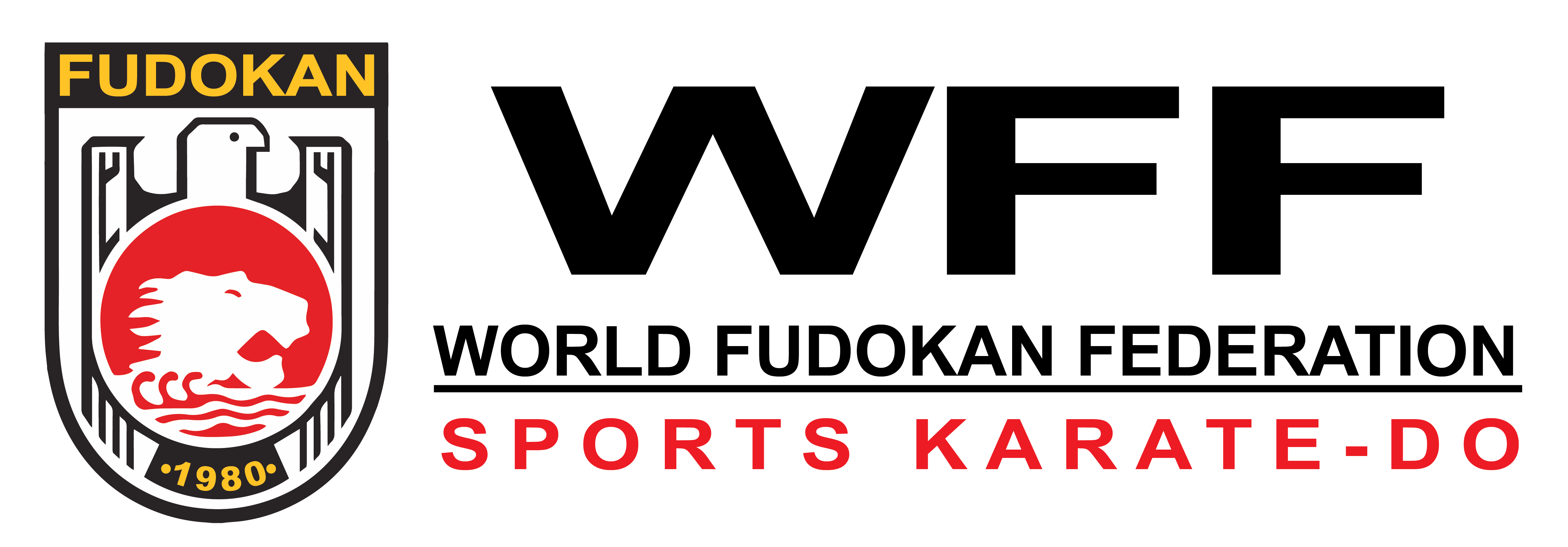
Dr. Ilija Jorga
The Traditional Fudokan Karate was founded in 1980 by Prof. Dr. Ilija Jorga together with several similarly-minded people, forming the International Fudokan Karate do Renmei. Since 2012, the organization is known as the World Fudokan Federation. The three ideograms in Fudokan stand for stability, hardness, thoroughness, house and home. Fudokan is a house with solid foundations.
The Fudokan emblem - carrying the traditional symbols of an Eagle, the Sun, a Tiger, and an Ocean Wave - resembles a coat of arms, bound to the tradition of sport karate. Fudokan is connected to tradition and self defense. A correct execution of basic techniques in Fudokan requires mental and physical harmony, a unity of physical and mental aspects in the interpretation of each single technique. The mind must be completely calm and open, in the sense of initial, primal wariness. This principle is embedded even in the name of Fudokan: a house of calm wisdom. The calm mind directs every part of the body at every moment.
Fudokan karate encompasses personal, moral and ethical guidelines identical to those described by Gichin Funakoshi - the moral code of traditional karate. It is in Fudokan where the space for applying and realizing this code remains open. Our adherence to the moral principles and technical values in their traditional form tells us how strong the martial art spirit of Fudokan will be.
| 1959 Beginning of karate training First teachers: M. Kilian (judo) and V. Yorga (karate) | 1964 First Japanese karate teacher – sensei: Tetsuji Morakami | 1965 University champion of Serbia |
KARATE HISTORY-EDUCATION, TRAINING, SPORTS RESULTS
1959Beginning of karate training |
1964First Japanese karate teacher - sensei: Tetsuji Morakami |
1965University champion of Serbia |
1967Rank of SHO DAN received from T. Murakami in Zagreb, Croatia |
1968First champion of Yugoslavia in Kumite (free fight) - open category, Zagreb, Croatia Rank of Nl DAN received from Japanese sensei Taiji Kase, St. Rafael, France Author of first published karate book in Yugoslavia: “Karate - introduction in martial art” |
1968European karate championship - Hamburg, 3rd place |
1970European championship - JKA, Brussels, 3,d place |
1971Kumite European champion - European championship (JKA, AEKF), Chrystal palace, London |
1972European JKA Championship - 3rd place, Milano, Italy |
1973Kata Champion of Yugoslavia |
1975Rank of YON DAN received from T. Kase, Belgrade, YU Elected as a Technical director of EAKF |
1976European Kata Champion (EAKF - Milano) Mediterranean championship, 3rd place - kata, Milano - Italy |
1977World karate Championship, IAKF, Tokyo - Japan, 4th place - kata |
1978European kata Champion (EAKF - Belgrade) Mediterranean kata Champion, EAKF - Cairo |
1980World karate championship, IAKF, 3rd place, Bremen - AUS Official Foundation and promotion of Fudokan Karate style, November 15th, Zurich Formation of International Fudokan Karate Renmei - Belgrade (IFKR) |
1981European karate championship, 3rd place, Bremen - AUS |
1982Rank of ROKU DAN received from T. Kase, Paris - FR |
1987Rank of SHICHI DAN received from H.Nishiyama, Los Angeles - USA |
1988Elected as executive director of IFKR |
1990Promotion of Fudokan style in Austria, Poland, Russia, Belarus |
1992Promotion of Fudokan style in Lithuania, Slovenia, Great Britain, Greece, Moldova, Armenia, Albania, Azerbaijan, Bulgaria and Croatia |
1993Promotion of Fudokan style in USA and Canada |
1995Formation of Royal European Karate Academy - St. Prohor Pchinjski under patronage of H.R.M. Princess Jelisaveta Karadjordjevic |
1996Promotion of Fudokan style in Denmark, Uzbekistan, Turkmenistan and Kirgizia |
1997Elected as a President of technical committee of Balkan traditional karate federation (Bucharest - Romania) |
1998Rank of HACHI DAN received from H. Nishiyama,M |
2003Rank of KU DAN awarded by WTFSKF, Zurich - SUI |
2005Organizing of First World Fudokan Karate Do Championship, |
2007Organizing of Second World Fudokan Karate Do Championship, Lodz - Poland Rank of SOKE DAN awarded by All Japan Ju-Jitsu International Federation, November 25 - Poland Rank of JUDAN Kaiden Hanshi (10 DAN) awarded by International Budo Masters Association, June 17th, USA Rank of 10 DAN awarded by Federal Alliance Bujitsu of Russia, July 4th, Russia |
2012Foundation Word Fudokan Federation (WFF) - Cacak, Serbia 2013Executive President of WFF |
